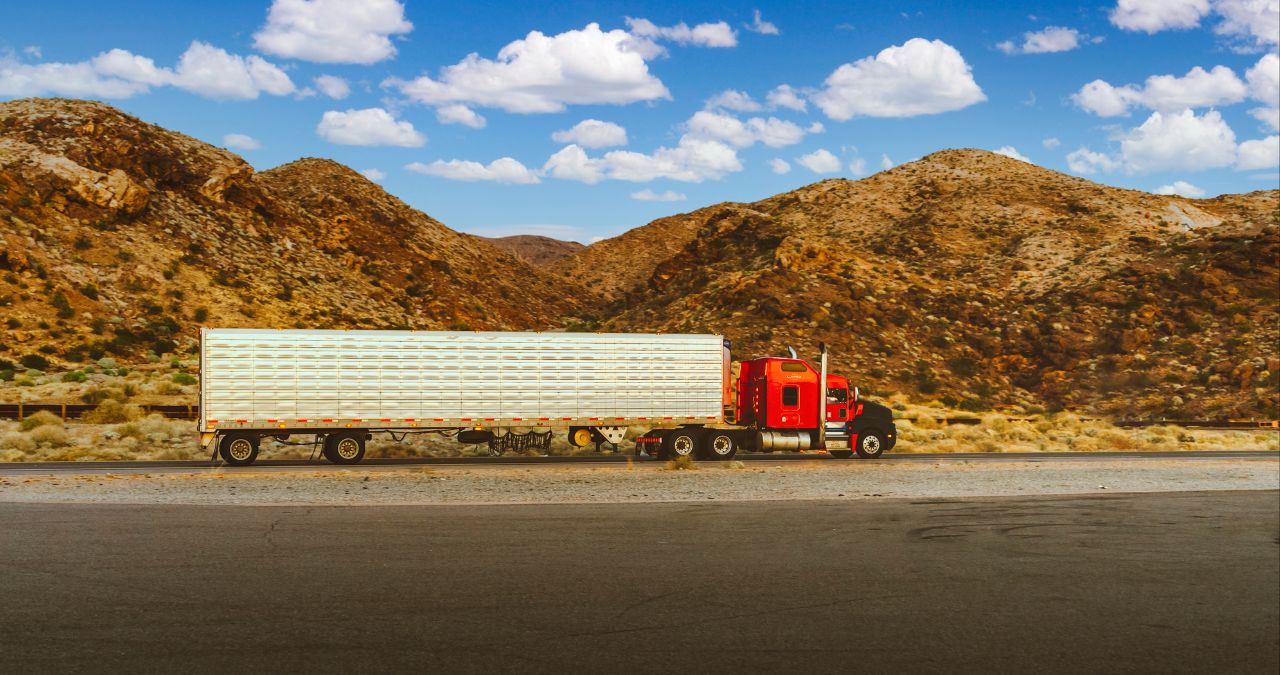How Did Reefer Shipping Containers Change the World?
When shipping consignments, durable, weatherproof containers are required. However, for perishable products, there’s another parameter that needs to be taken into consideration: temperature control. Fresh agriculture products, such as produce and meat, as well as chemicals and pharmaceuticals need to be held at a consistent temperature during shipping, otherwise, they can spoil, rendering them harmful and useless. For these products, traditional shipping containers just won’t cut it. Thanks to innovation and advancements in technology, the creation of temperature-controlled (reefer) shipping containers changed the way perishable goods could be transported forever.
How Did Reefer Shipping Containers Change the World?
To maintain the freshness and safety of products that need to be held at certain temperatures, specialty shipping methods have been developed. Known as cold chain logistics, this method of shipping involves the use of reefer containers – shipping containers outfitted with a refrigeration system.
What are Reefer Containers?
Officially known as refrigerated freight containers, reefer containers, as they’re more commonly called, are a specialized type of shipping equipment that was developed to hold perishable cargo. The containers are constructed of highly durable materials with well-insulated walls. They’re also outfitted with integrated refrigerator engines.
It is these qualities that make reefer containers different than other types of shipping containers. The cooling system combined with the insulated walls makes it possible to set – and hold – the containers to a desired temperature. In other words, the temperature inside a reefer container can be set to hold the cargo it will be carrying at the ideal temperature. This helps to prevent spoilage so that the product is still fresh, safe, and usable when it arrives at its final destination.
Use of Reefer Containers
In essence, reefer containers can be thought of as large portable refrigerators. Commodities that have a low shelf-life, as well as maritime products, and certain flammable chemicals, are among the products that are commonly shipped in reefer containers. While on land, these specialized containers require an external supply of power to achieve and maintain the desired interior temperature. While in transit, diesel generators can be used to power the refrigerator engines.
The interior temperature of a reefer container can vary widely, ranging, on average, between -65 degrees C (-85 degrees F) to 40 degrees C (104 degrees F). Due to the wide range of temperature control, reefer containers can be used to safely transport a wide range of products.
How Reefer Containers Work
Reefer containers function much like a standard refrigerator. An integrated cooling unit cools the air, and fans circulate the cooled air throughout the interior of the container, and warmer air is fed back to the cooling unit. The temperature of the warm air that is directed into the cooling unit is monitored and the refrigeration unit maintains the temperature of the cargo at the appropriate temperature. The temperature and humidity levels can be adjusted and set via a control mechanism. The decking of these shipping containers is T-shaped, which allows cool air to be distributed from the surface.
In addition to cooling the interior air, a reefer container’s exterior is white to allow for the evaporation of solar radiation.
The elements of a reefer container’s design allow for a consistent, uniform supply of air within the interior, guaranteeing the ideal environment for shipping temperature-sensitive commodities, even in the harshest conditions.
How Reefer Containers Changed the World
Reefer or refrigerated shipping containers have had a significant impact on supply chains across the world. They have markedly altered trade, as they have allowed for the safe shipment of fresh goods and other commodities that must be held at specific temperatures, from one region to another. Today, commodities can be transported around the world and throughout the year. These innovative, specialized shipping containers maintain the safety of perishable and other temperature-sensitive cargo, allowing them to be transported safely without altering the quality of the product.
Reefer containers have, no doubt, improved transport, and in turn, have proven to be a highly beneficial invention that has had a positive impact on commerce, industry, and most importantly, humanity.
Additional Information: How the Modern-Day Shipping Container Changed the World
Cannonball Express Transportation
Cannonball Express Shipping Company has been providing top-of-the-line service at a reasonable rate. Based in Omaha, Nebraska, we provide nationwide refrigerated LTL services, as well as, local delivery services. Contact us today!
Nationwide Shipping Company Services:
- Refrigerated LTL deliveries in the lower 48 states
- Refrigerated Cross dock
Local Shipping Company Services:
- Redelivery Services
- Truckload & LTL Capabilities
- PUP
- Cross dock
- Transload
- Warehouse and Distribution capabilities from multiple Omaha Locations
Nebraska Warehouse One-Stop-Shop | TechnologyEnabled 3PL Value-Added Services Warehouse | Freight Broker | Logistics
Nebraska Warehouse doesn’t just help to facilitate your shipments, but we are truly a one-stop-shop solutions provider. Our services include:
Latest News
The latest information about our Omaha storage warehouse services

